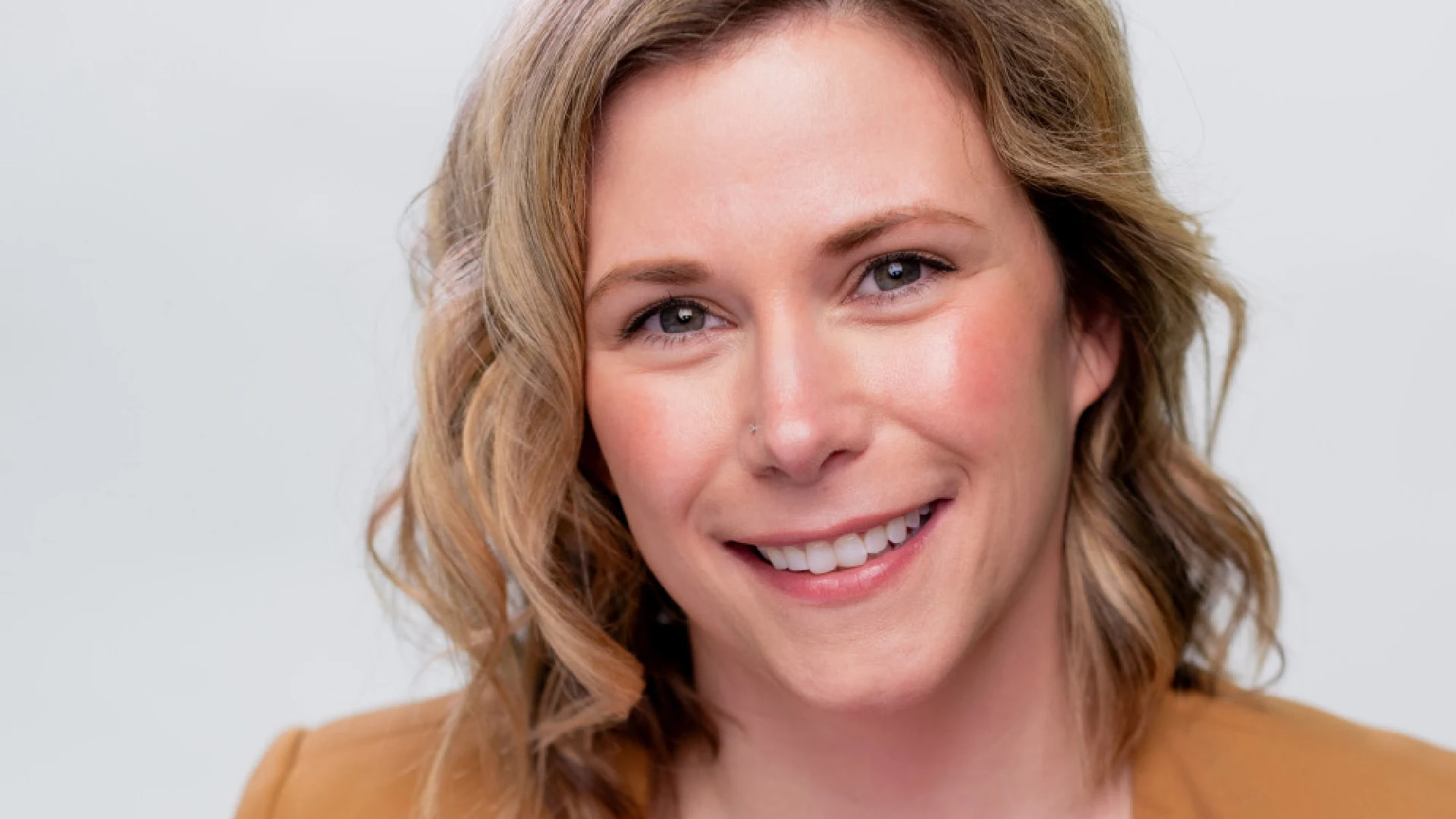Drawing on both theology and the imagination, the MDiv in Theology and the Arts program will prepare you for the classic functions of ministerial leadership, such as leading worship, preaching, providing pastoral care, forming people of faith, and leading a congregation. Using the arts as the primary lens, the program will enable you to lead a congregation or religious organization with practical skills that draw upon creativity and innovation.
If your career focus is on academia or works in museums, galleries, or other arts institutions, rather than preparing for ministry, check out the MA in Theology in the Arts.
This program may be a good fit for you if you are interested in drawing upon the power of the arts for a career in:
- Ordained ministry
- Denominational service
- Other forms of ministry, such as chaplaincy (with the addition of chaplaincy certification)
Concentration Learning Outcomes
In addition to achieving the core MDiv degree learning outcomes, a graduate of the MDiv Art and Theology degree program will be able to:
- articulate an informed understanding of the historical use of the arts as a means of theological or religious expression and reflection;
- articulate an informed understanding of the complex relationships among art, culture and religion;
- analyze a contemporary artistic or cultural work for the ways it expresses spiritual and religious ideas;
- express a studied theological or religious concept, question, or issue via an art form;
- articulate the relationship between theology and the arts—both verbally and through their artwork;
- critically interpret, analyze and reflect on a selected Christian theological text or perspective in its historical context as well as through the lens of modern questions and challenges;
- craft and deliver a sermon or public address that demonstrates effective speaking form/style and content based on a selected context; and
- achieve their self-defined practice of ministry goals that are appropriately based on the requirements of their denomination or other vocational path OR demonstrate skills for effective, professional, ethical, and compassionate pastoral and spiritual care to a diversity of persons.
United’s MDiv at a Glance
- 72 credits
- Twenty-four 3-credit courses, including one field experience
- Final thesis or project not required, but you can choose to complete a thesis as an elective course
- Can be completed in approximately three years if you take a full-time course load of 9 credits per trimester
- Most MDiv concentrations, including Theology and the Arts, can be completed entirely via distance learning; many courses can be taken completely asynchronously
Theology and the Arts in Action
|
|
Alicia Reese, DMin Student The success Alicia found using improv to get incarcerated students to re-vision their stories inspired her to go back to school for a DMin through which she could explore the “connection between spiritual formation and improv.” Why United? “From the moment I started interacting with United,” Alicia remarks, “I felt that deep connection between the arts and theology and ministry.” |
Program Course Guide Sheet for Academic Year 2025–2026
| LEARNING OUTCOME |
NUMBER OF COURSES |
COURSES |
| Theology | 4 |
Invitation to Theology: Truth, Goodness, and Beauty
History of Christian Theologies
History of Modern Theologies
Constructive Theology
|
| Textual Hermeneutics | 4 |
Introduction to Religious Texts
Two 2000-level Religious Texts courses
Choose one:
RT3001 Biblical Exegesis
One additional 2000-level Religious Texts course
|
| Ethics and Justice | 2 |
Choose one:
Christian Ethics
Comparative Religious Ethics
Choose one:
Queer and Trans Theologies
Black and Womanist Theologies
|
| Formation | 1 | Introduction to Spiritual and Personal Formation |
| World Religions | 1 |
Choose one:
Global Christianities & Intra-religious Diversity
World Religions
|
| Religion, Culture, and the Arts | 1 | Art, Religion, and Contemporary Culture |
| Social Transformation | 1 | Leadership and Strategies for Social Change |
| Religious Leadership and Practice | 2 |
Choose one:
Organizational Leadership and Administration
Social Enterprise
Choose one:
Contextual Education Internship
CPE Internship
|
| Concentration | 7 |
History of Arts and Theology
Arts Praxis Seminar
Preaching and Your Public Voice
One additional PM course
Three elective courses
|
| Research and Communication | 1 | MDiv Capstone Seminar |
| DEGREE TOTAL |
24 |
Learn More
Want to learn more about our MDiv in Theology and the Arts? Fill out the form below and someone from our Admissions team will be in touch soon.
